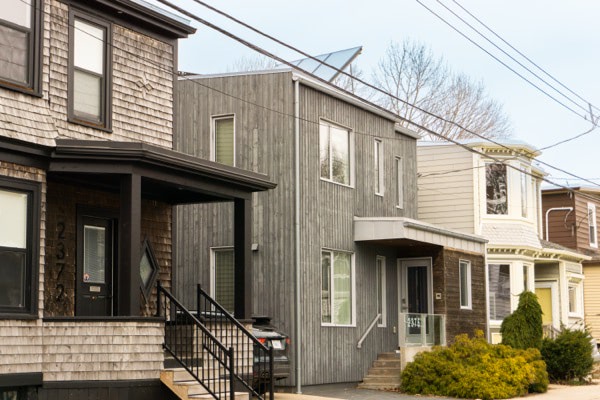How fast can you pay your mortgage off? Can you speed up the process? Here’s what you need to know!

What is bridge financing and is it right for you?
There are several unique mortgage products out there that can help borrowers reach their homeownership goals. Today, we’re going to chat about bridge financing. This is a product that assists those who are purchasing a new home and need access to funds before their current home has sold. Here’s everything you need to know about bridge financing, including who it’s for and its pros and cons.
What is bridge financing?
Bridge financing is used when a home buyer needs to access money to cover the down payment for their new home before their current home has sold. In most cases, home owners moving from one place to another like to use the sale of their current home to pay for the down payment for their next home. However, it’s common for closing dates to not quite line up between selling one home and buying another. If your new home closes before your current home, your equity will be tied up and you won’t have access to it to use toward your new home.
Bridge financing, as the name suggests, builds a bridge between these two situations. It’s a loan that allows buyers more flexibility with closing dates and down payments. In competitive markets, home buyers are often forced to make offers and close on homes before their current home sells; bridge financing helps deal with these scenarios.
How can you access bridge financing?
So, who actually provides bridge financing? Both traditional and private lenders can offer bridge financing, but your situation will influence who your best lender might be. If you have firm closing dates for both the sale of your current home, and the purchase of your next home, bridge financing is relatively easy to secure. Traditional lenders and banks will need to see purchase and sale agreements to prove your deals are solid. The lender you are working with is the one who will provide this financing, so if you think it’s something you may need, speak to a broker to ensure bridge financing is something your lender can offer. If you don’t have a firm selling date for your current home, you may be looking at private lending for bridge financing. The lack of complete certainty will likely prevent traditional lenders from providing this loan.
How much will your lender provide?
Bridge loans usually expire after 120 days, and have a maximum loan amount of $200,000. The length of the loan is the number of days between the two sales. Sometimes, lenders will provide bigger loans or time frames, if needed, but don’t rely on it.
Pros of bridge loans
Of course, bridge financing is very advantageous for some borrowers. It gives you more flexibility with your closing dates, and more assurance that even if your home doesn’t sell before you purchase your new property, you can still access the funds you need to cover a down payment. This is a big relief for many sellers, most of whom will rely on their home sale to help with their new purchase. Bridge financing is usually a speedy process once you supply your lender with the information they need. Since the market moves fast, you need to ensure that getting this help won’t slow down your experience and damage your purchase.
Cons of bridge loans
The biggest drawback of a bridge loan is that it comes with higher interest rates than traditional loans. This is because bridge loans are meant for short time periods compared to other loans, and therefore, lenders will charge higher interest rates to make up for it and ensure they still collect money. Plus, bridge financing is a bit risky for the borrower and the lender. There’s no guarantee your current property will sell, no matter how confident you are in the deal. Bridge financing requires you to take a chance on borrowing money without the guarantee you will have a home sale to repay it.
Bridge financing is a special type of product that not every lender can provide. If you think it might be something you will require, we recommend getting in touch with us! We can discuss your plans and how to proceed with your mortgage journey.
If you have any questions about your mortgage, get in touch with us at Clinton Wilkins Mortgage Team! You can call us at (902) 482-2770 or contact us here.


